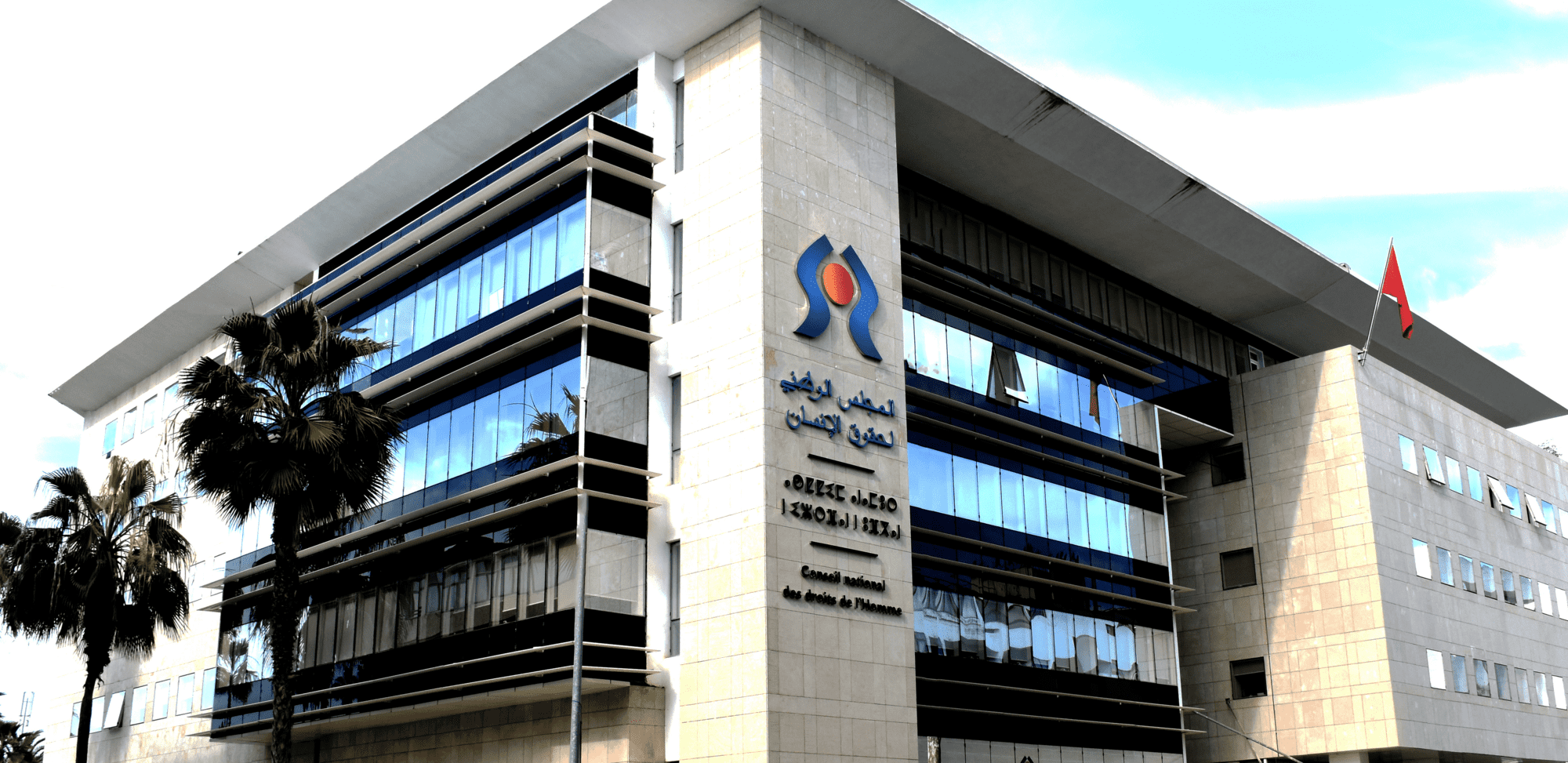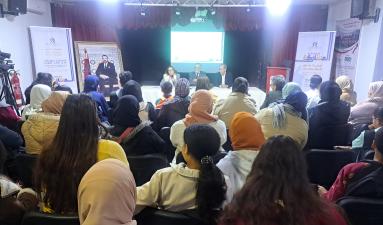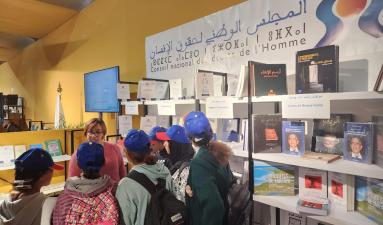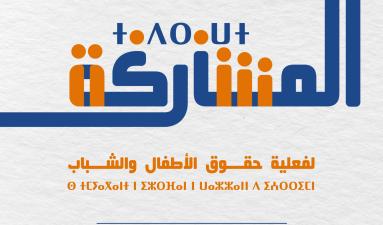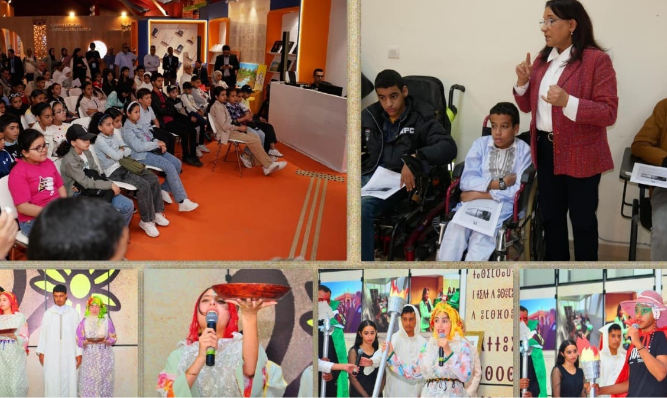
Ms. Amina Bouayach, Chairperson of the National Human Rights Council (CNDH), shed light on the importance of education and called for the implementation of stronger and ambitious strategies for the effective participation of children and youth. She emphasized the difference between working on issues relating to children and youth as mere priorities—which often limits focus on their rights and concerns—and actively involving them in addressing each of their rights. She highlighted the importance of listening to their opinions and valuing their contributions on matters that affect them or their communities.
This statement came in her address at the 8th African Transitional Justice Forum, on September 11-12, 2024, in Port Louis, Mauritius, themed "Transitional Justice and Education in Africa: Opportunities and Challenges for Peace, Resilience, and Sustainable Development."
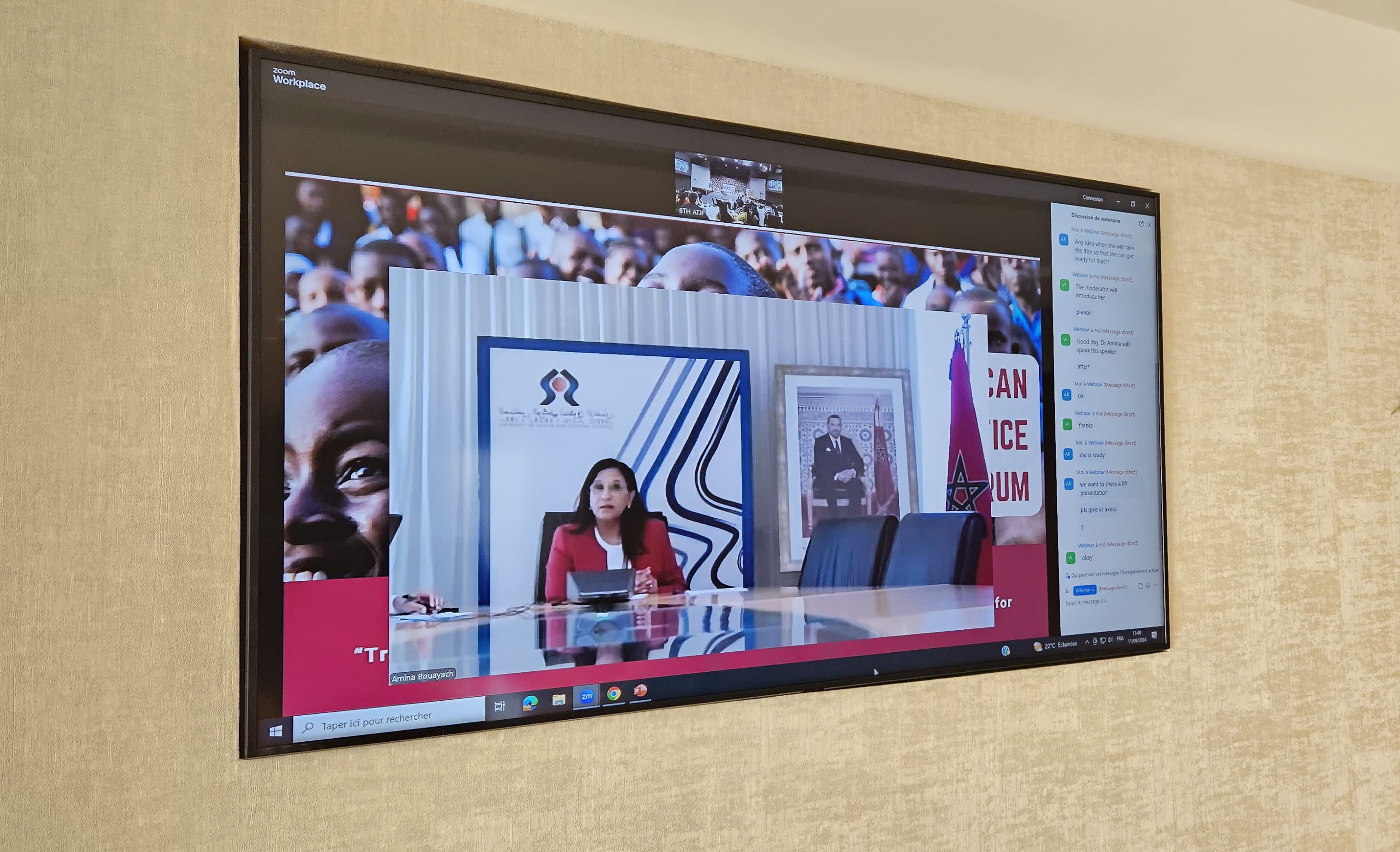
Discussing the importance of education, Ms. Bouayach quoted Nelson Mandela’s belief that "education is the most powerful weapon you can use to change the world." She underlined that this idea extends beyond achieving sustainable development, fighting climate change, promoting equality and human rights or building a better future. It plays a crucial role in maintaining peace and preventing atrocities and violations.
CNDH Chairperson also stressed the importance of education in preserving collective memories, and contributing to the very essence of transitional justice as the best way to connect the past with future.
Interaction with the audience
There was a question about music and art in general, from the audience. Ms. Bouayach voiced her total support to this idea.
“It’s very powerful to convey Transitional Justice and Human Rights messages through art”, she said. As a National Human Rights Institution, she added, we have been supporting several related projects, including mainstreaming TJ through theatre, music, movies and paintings.
CNDH Chairperson insisted that “working with youth and children is crucial”, not only in mainstreaming Transitional Justice, but also to prevent discriminations, violence and conflicts. “If we don’t effectively engage with youth and children, through education and direct interactions”, she explained, in the long run, “Our experiences are doomed to fail.”

